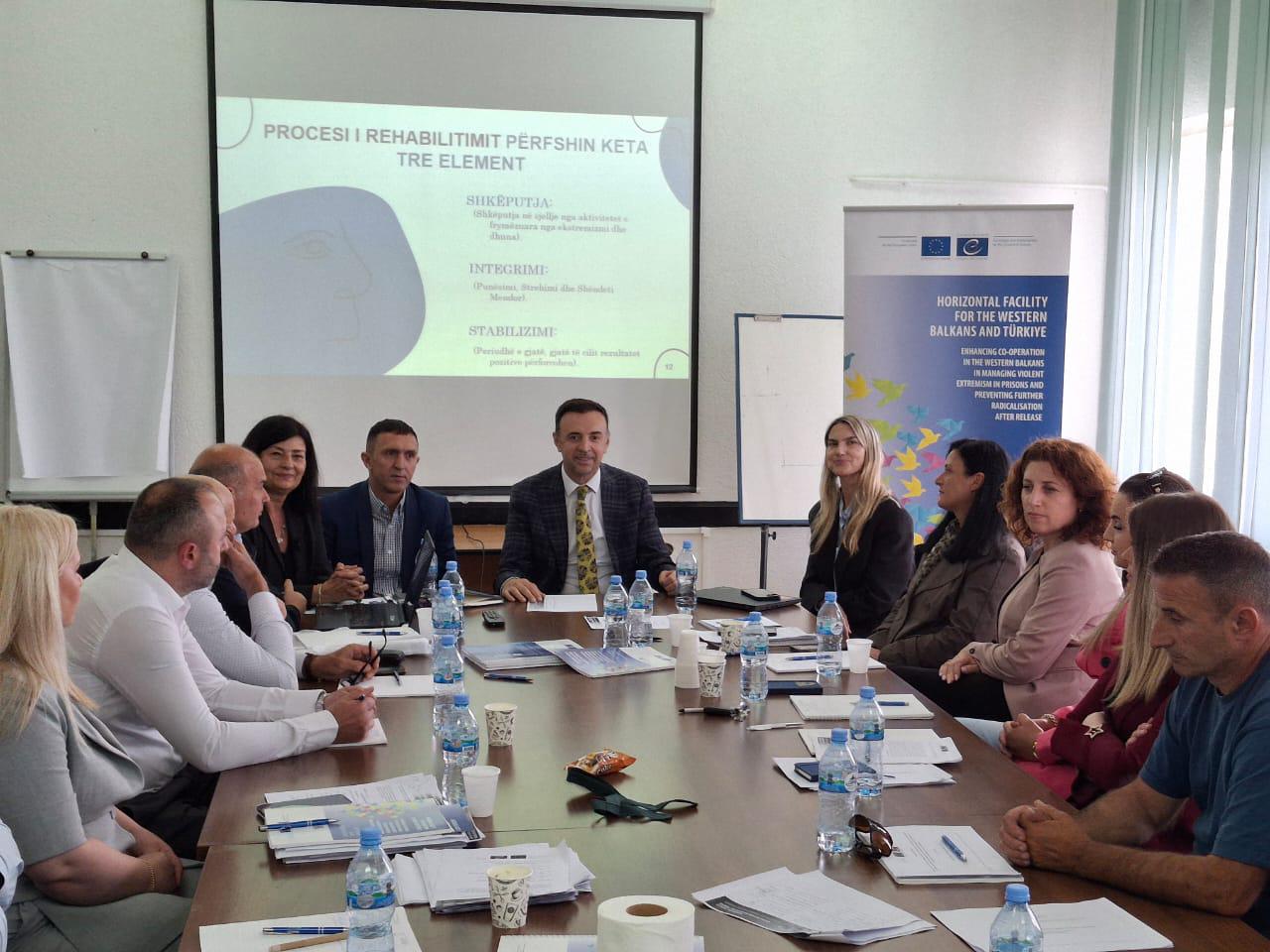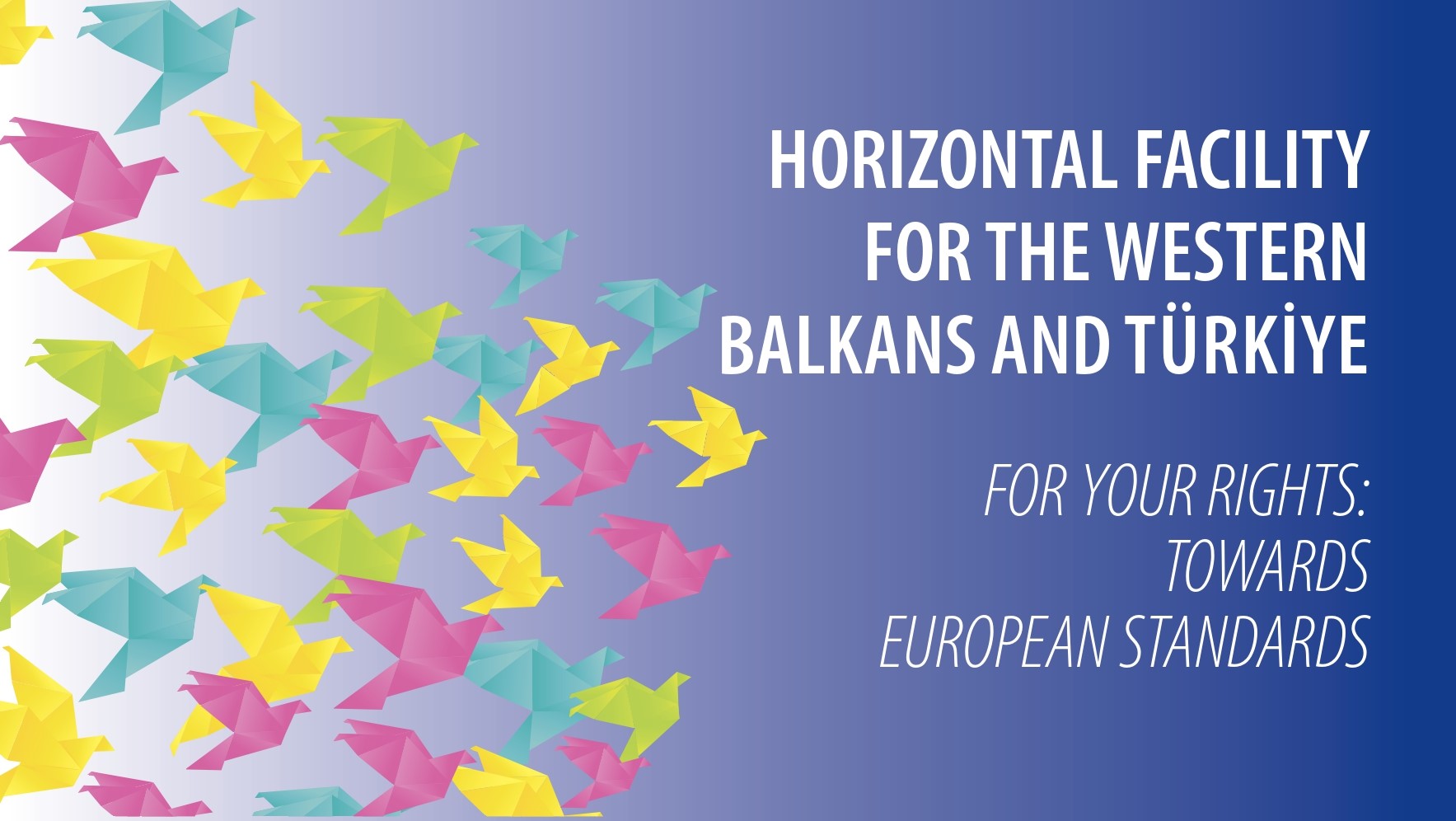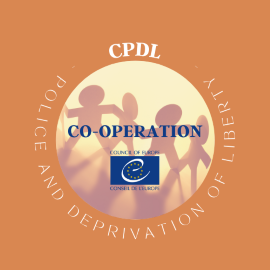Empowering Correctional Service Staff to Address Radical Influences Among Vulnerable Youth

Youth are particularly vulnerable to radical ideologies and violent extremism due to factors such as identity challenges, peer influence, and exposure to harmful online content, especially in the social media. The risk is especially high for the young people, already subject to correctional and educational measures, who require a highly professional approach from the treatment and educational staff working in juvenile correctional centers. Recognising this need, the Kosovo Correction Service (KCS) organised with the support of EU and Council of Europe during 21-22 May, a capacity building activity for 15 correctional and treatment officers from Correctional Center for Women and Juveniles in Lipjan. The training focused on preventing radicalisation and detecting early signs of harmful effects of ideologies among youth in correctional institutions population. The KCS practitioners, well experienced in working with radicalised prisoners, violent extremist prisoners, and other prisoners at risk of radicalisation, shared their knowledge on the application of specific tools and programmes aimed at identifying signs of radicalisation, risks and needs assessment, and tailoring individual rehabilitation and treatment programme. The trainees particularly valued the practical aspects of the sessions, which enabled them to practice using the tools and treatment approaches on case studies. This activity was organised with the support of the regional action on “Enhancing co-operation in the Western Balkans in managing violent extremism in prisons and preventing further radicalisation after release”, under the auspices of the third phase of Horizontal Facility Programme, co- funded by European Union and Council of Europe and implemented by the Council of Europe.



